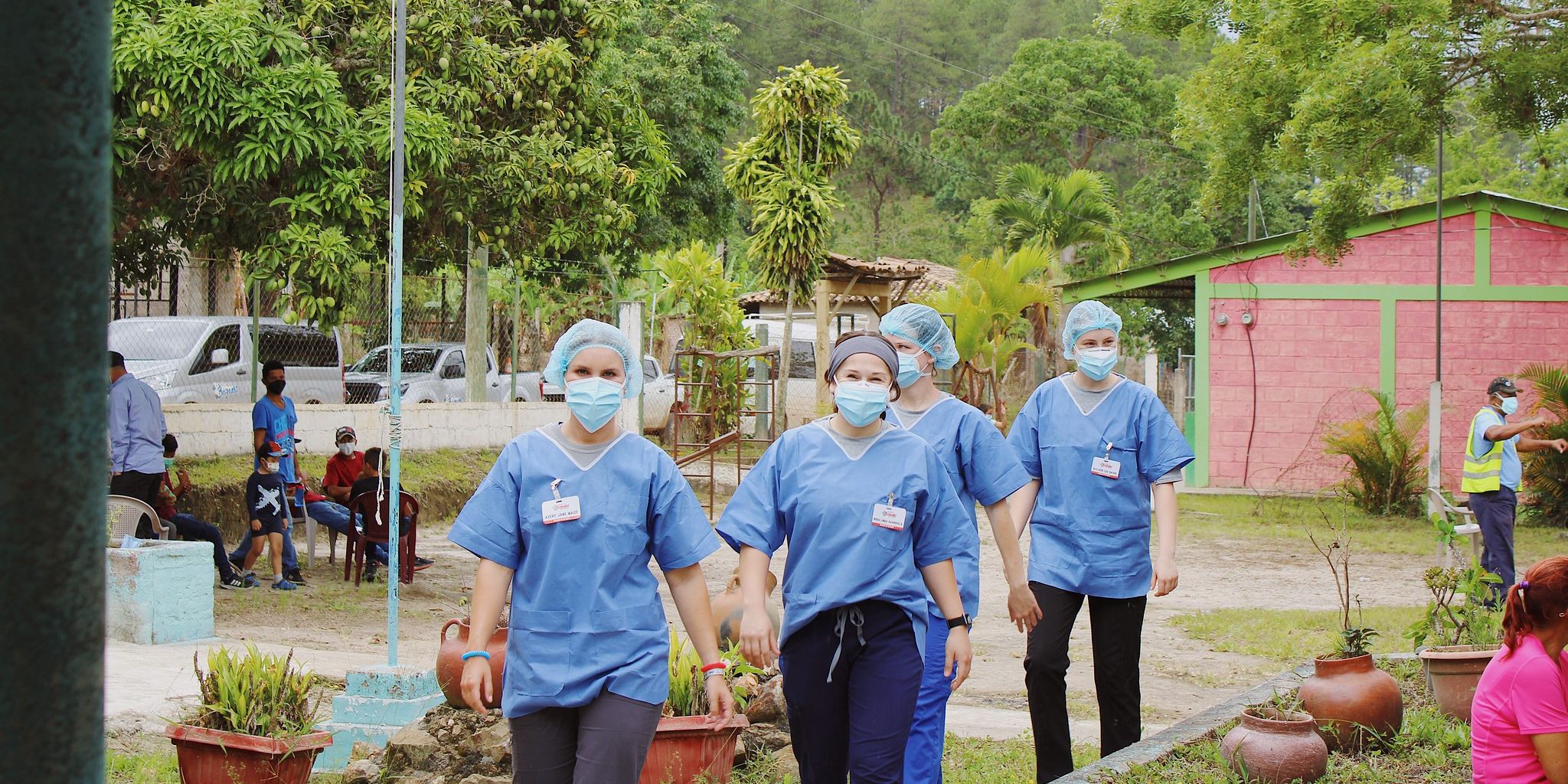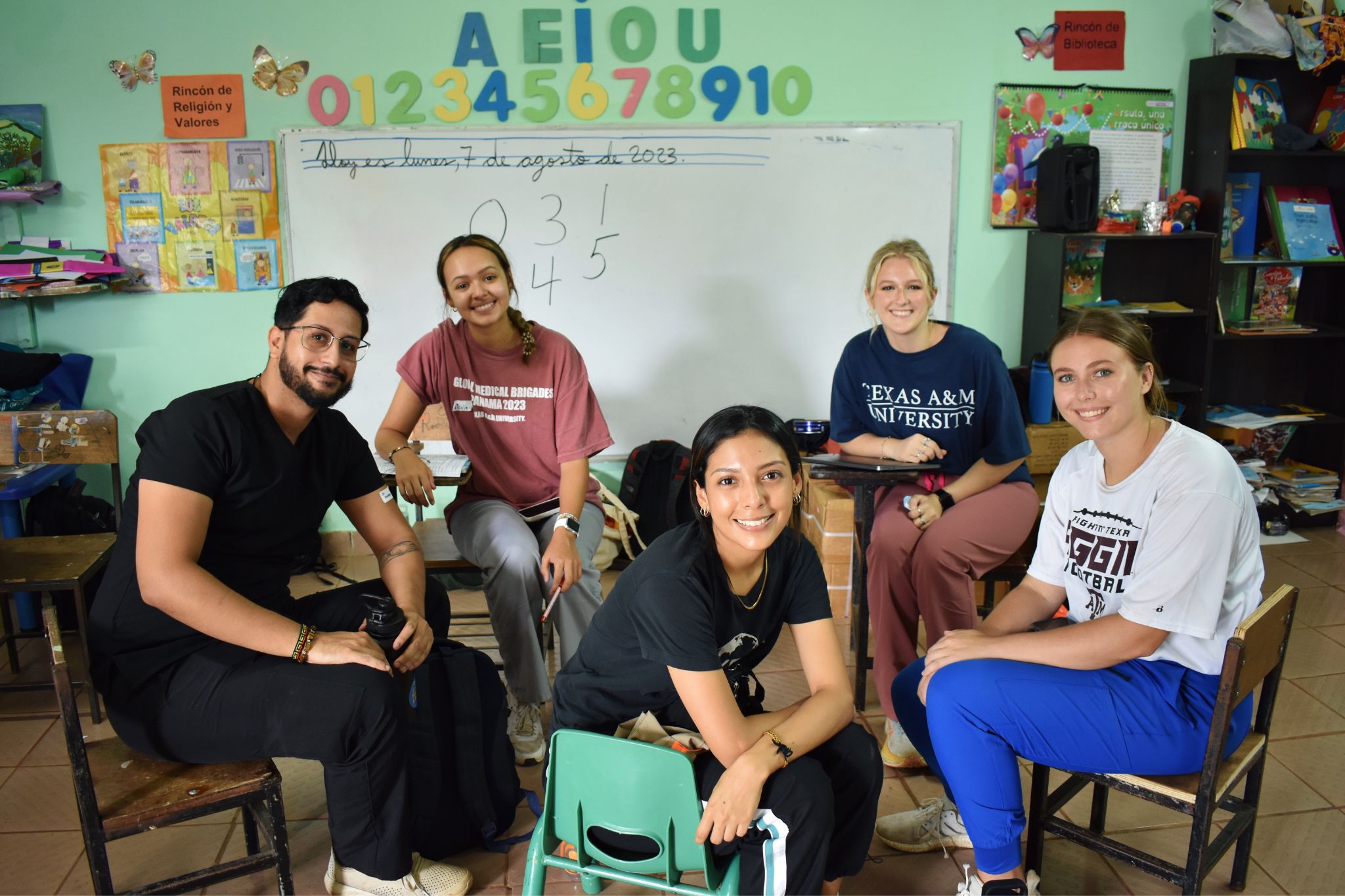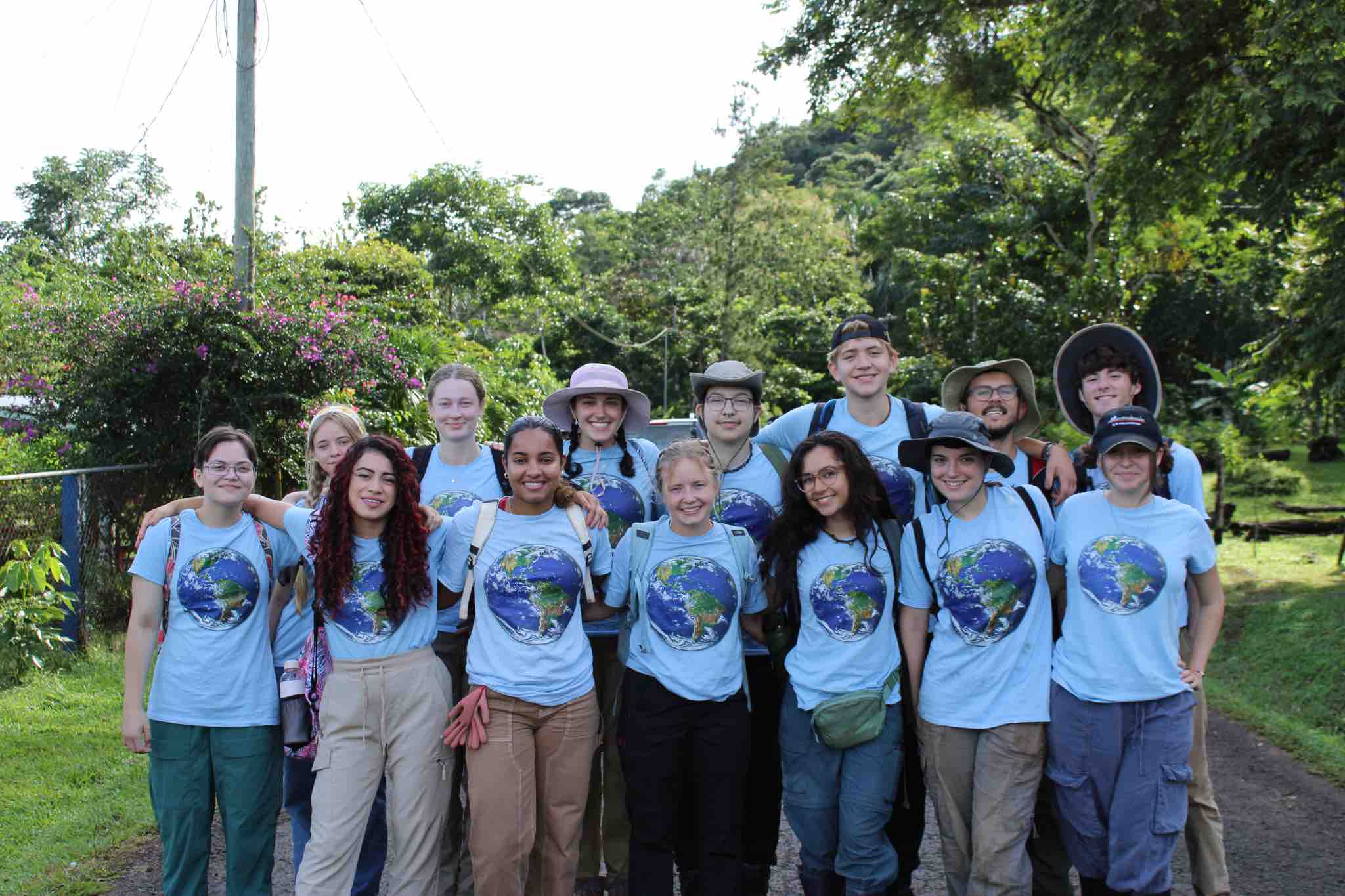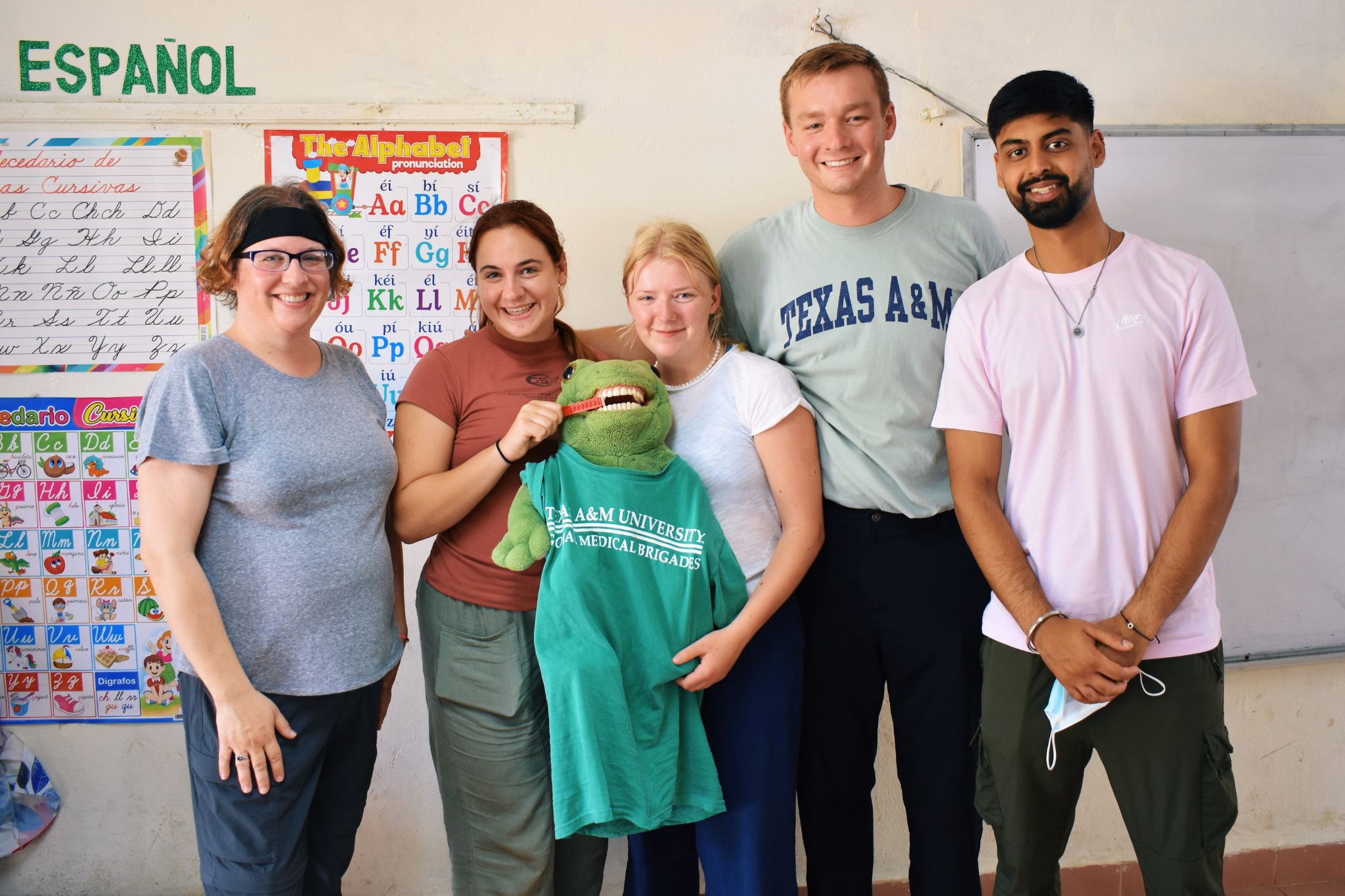A gap year is typically the period over an academic year taken by a student as a break between high school and higher education, during university, or even after completing formal education before embarking on a career.
This is the perfect time for many to embark on internships and volunteer projects. Gap year experiences can help you hone in on your interests and career goals, informing your next steps.
Volunteer gap year programs can vary widely in focus. Whether it's community development, healthcare initiatives, or conservation projects, there's likely a program that aligns with your interests.
The variety of opportunities is vast; you could be building homes in Ghana, contributing to wildlife conservation in Australia, or participating in health initiatives in Nepal. All these projects and more are available, and they all benefit from the support of volunteer work.
Pre-med students, in particular, can greatly benefit from international pre-med experiences to learn more about global health and make a meaningful impact on the world before furthering their education.
Learn why we’re the largest student-led movement for global health.
Should you go on a volunteer gap year program?
Participating in a gap year program is an individual decision and largely depends on one's aspirations, interests, and circumstances. Here are some points to consider:
A volunteer gap year program can be a valuable choice if you have recently graduated from high school, are between your university studies, or have just completed them. It presents a unique opportunity to gain practical, hands-on experience outside a traditional educational environment.
Such programs allow you to make a positive impact while broadening your understanding of the world.
Additionally, a volunteer gap year can provide an invaluable opportunity to step out of your comfort zone. The prospect of traveling to a new country, learning a new language, interacting with local communities, and immersing oneself in a new culture can be a transformative experience.
Gap year programs aren't limited to just one type of volunteer work; the opportunities are diverse. You could teach English in Cambodia, work in childcare in South America, or assist with a conservation project in Fiji. With the broad range of options available worldwide, there's likely a program that fits your interests.
Pros of Gap Year Volunteer Programs:
- Personal Growth: Volunteering abroad pushes you out of your comfort zone, leading to significant personal development.
- Skill Development: Gain valuable practical skills that can be useful in future studies or careers, such as teamwork, problem-solving, and leadership.
- Cultural Immersion: Living and volunteering in a new environment allows for deep cultural immersion, broadening your worldview.
- Language Skills: Volunteering in a foreign country often provides opportunities to learn a new language.
- Career Insight: Hands-on experience in a field of interest can provide valuable insight into potential career paths. You may want to change your future plans based on what you learn during an international volunteering opportunity.
- Make a Positive Impact: Contributing to meaningful projects in communities can help make a positive impact on the world.
All of these areas of growth you can gain by volunteering your gap year also help to bolster your global awareness and improve your med school application.
Cons of Gap Year Volunteer Programs:
- Cost: These programs can be expensive, factoring in program fees, travel costs, and living expenses.
- Time Commitment: Participating in a gap year program is a significant time commitment, which may delay other personal or professional goals.
- Culture Shock: Adjusting to a new culture, language, and environment can be challenging.
- Homesickness: When you spend an extended period of time away from home, you may get homesick and feel frustrated in your current situation.
- Risk of Exploitation: Not all volunteer programs are ethical, and there is a risk of unknowingly participating in "voluntourism," which can exploit local communities rather than benefit them by perpetuating white saviorism.
When can you take a gap year?
The timing of your gap year is incredibly flexible and depends on your life stage, goals, and commitments. There are no strict rules as to when you can embark on this enriching journey. Here are some common times people choose to take a gap year:
Post-High School: Taking a break immediately after high school, before diving into the rigors of college or university studies, offers valuable opportunities. Volunteers can explore interests outside the traditional classroom, discover new passions, and gain practical experiences that can influence their future academic or career paths.
During University: A gap year doesn't have to come before or after university — it can also occur in the middle of your studies. Many institutions have flexible policies that allow students to take a year off for personal growth and experiential learning. Some even have partnerships with travel programs and international volunteer programs, giving students the chance to contribute to meaningful projects while immersing themselves in a new culture.
Post-University: After earning a degree, some graduates take a gap year before starting their professional careers or pursuing further education. This can be an ideal time to volunteer abroad, whether teaching English in Thailand, participating in healthcare initiatives in South America, or contributing to a conservation project in Australia.
Career Break: Even if you're well into your career, a gap year is still possible. Some professionals take a sabbatical for a period of self-discovery and rejuvenation. Volunteering during this time can provide a fresh perspective and the opportunity to use your skills in a different setting.
Ultimately, the best time to take a gap year is when it feels right for you.
What’s the best way to spend a volunteer gap year?
The best way to spend a volunteer gap year largely depends on personal interests, career aspirations, and what you hope to achieve. Nonetheless, two key ways are often considered valuable: volunteering internationally or volunteering locally.
Volunteer Internationally
Volunteering internationally during your gap year provides an unparalleled opportunity for cultural immersion. This could mean teaching in Thailand or Ecuador, assisting with wildlife conservation in Australia or Kenya, or contributing to healthcare initiatives in Nepal or Ghana.
Exposure to new languages, customs, and lifestyles can enhance your worldview and interpersonal skills, all while positively impacting global communities.
One popular option is to join established volunteer opportunities like ours. Global Medical Brigades provides a structured framework to ensure you have a safe, fulfilling, and impactful experience. We often encompass various areas, including community development, education, healthcare, and WASH infrastructure projects.
Learn more about how our sustainable on-the-ground operations can offer an ethical opportunity to volunteer internationally.
Volunteer Locally
If you don’t have the means for gap year travel, volunteering in your local area is another meaningful way to spend your time. This could involve working with non-profit organizations, community development projects, or local healthcare initiatives closer to home. It provides a chance to deeply understand and contribute to your local community.
Such experiences can offer unique insights into social issues closer to home and can often be just as transformative as volunteering abroad. It’s also a chance to develop key skills, like leadership, project management, and problem-solving, that can be invaluable for your future academic or professional journey.
Whether you volunteer internationally or locally, remember that the goal is to create sustainable and ethical positive impact, rather than perpetuating the cycle of voluntourism. Ensure that the projects you choose align with these principles and truly benefit the communities they aim to serve.
Can’t travel, but want to partner with us? Consider a TeleBrigade.
How To Choose a Gap Year Volunteer Program
Choosing a gap year volunteer program can seem daunting, given the many choices available. Start by considering:
- Your interests.
- Skills you'd like to develop.
- Ethical and sustainability standards — ensure prospective programs create positive, lasting impact.
- Cost, including program fees and living expenses.
- Location and cultural aspects — are you eager to learn Spanish in Latin America, or experience Southeast Asia's diverse cultures?
- Previous participants' reviews — engage with alumni if possible. This will give you a realistic understanding of the program before committing.
Ethical, Sustainable Empowerment
At the core of any successful gap year volunteer program lies the commitment to ethical, sustainable empowerment. It's about ensuring your volunteer work genuinely benefits the communities you're partnering with.
Wherever you travel, creating lasting change rooted in respect for local traditions and knowledge is crucial.
Global Medical Brigades is committed to these values. Our programs provide hands-on opportunities for volunteers to learn, grow, and make a significant impact while respecting and fostering the self-reliance of the communities we partner with. We aim to empower communities holistically, responsibly, and sustainably.
If you're ready to take your gap year experience to the next level, partner with Global Medical Brigades. Immerse yourself in a unique cultural exchange, broaden your horizons, and make a tangible, positive impact in the world. Let's build a brighter future, together.
Click here to join Global Medical Brigades and kickstart your journey of ethical, sustainable empowerment.





